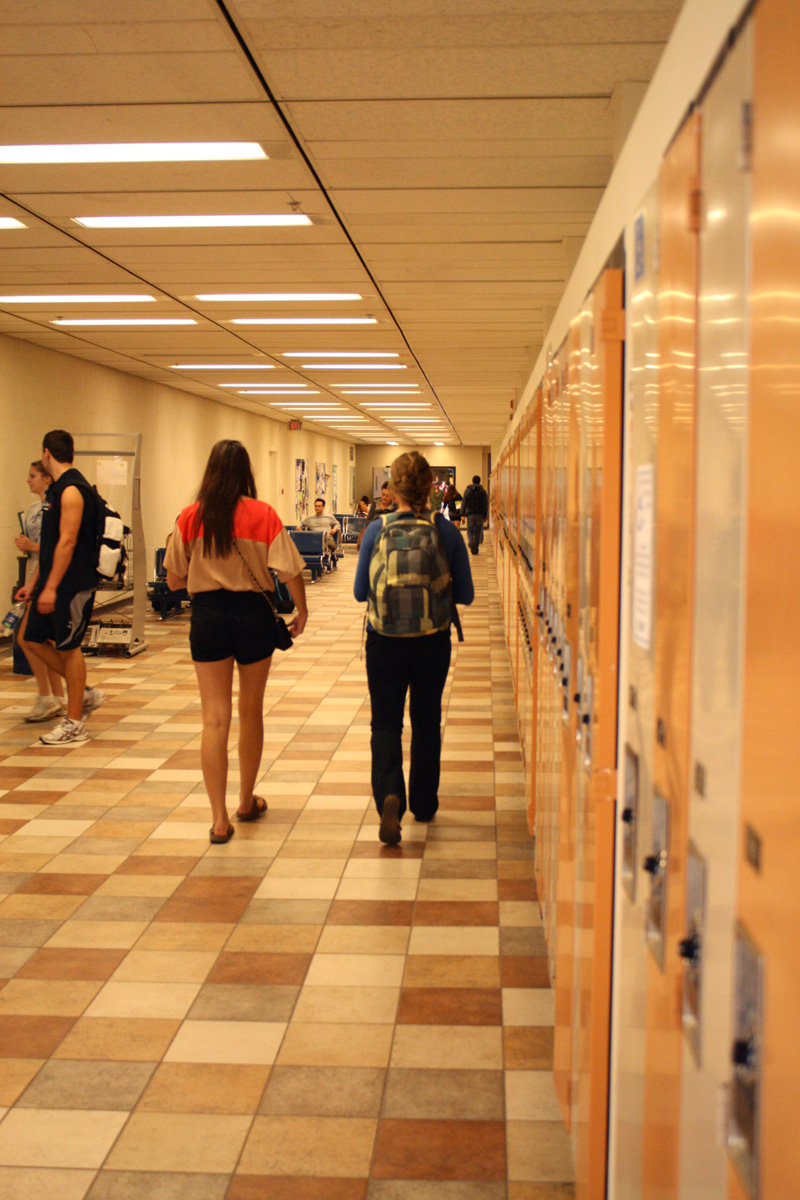 Statistics show arts degrees bring in different saleries depending on their disciplines. Photo by Jamie Fischer.
Statistics show arts degrees bring in different saleries depending on their disciplines. Photo by Jamie Fischer.
By Jamie fischer
A university education is a big investment, and students expect big returns. Some statistics suggest that arts students are getting the short end of the stick. But University of Regina's dean of the arts takes issue with the numbers.
A recent CTV story cited some studies with conflicting statistics, but the article concluded that arts students made the lowest returns annually on their income, with percentages as low as four to six per cent.
I worry that people read things like this and just accept it as gospel fact,” said Richard Kleer, dean of the faculty of the arts at the University of Regina.
Kleer doesn’t agree with the notion that arts graduates always earn the least on their educational investments. Referencing a 2007 federal Department of Finance report that shows educational returns from 1995 to 2002, Kleer pointed out that returns vary by discipline, not simply by faculty.
For example, in 2002, the rate of return for men with a BA in a social science discipline was 9.5 per cent, whereas a man with a science degree in agriculture or biology only had a return rate of 4.6 per cent. In the same year, women with humanities related degrees had a return of 9.3 per cent, again a much higher return than suggested by the CTV story.
“I don’t know how the stereotype got established in the first place, but people now believe it and it’s very hard to break it, even if it’s not true," said Kleer.
While not every student pursues an arts degree with the goal of working within their discipline, using an entire degree as a stepping stone can be frustrating.
“I want to be an English teacher,” first-year U of R student Brianna Rotelick said. However, the journey there could take Rotelick a little longer than the usual four years. After being wait-listed by the faculty of education, Rotelick decided to take an arts degree before getting her education credentials.
“I thought (an arts degree) would be a good place to go because it’s something I’m passionate about,” she said.
But Rotelick doesn’t love everything about getting an arts degree.
For one, Rotelick isn’t fond of having to use an entire degree as a stepping stone.
“It sucks,” she said. “I’m paying for my own schooling and the fact that I’m paying all this money for a degree that I’m probably not going to be able to do anything with makes it hard to go to class sometimes.”
“When you come out of arts, you don’t always know what to go in to, and it can be hard,” said Elissa Curr, the U of R Career Centre’s recruitment liaison coordinator. “The challenge (with arts students) I would say is that employers might find that arts students are too generalized,” she said. However, Curr said this isn’t always the case.
Curr said that the best way for arts students to get a higher return on their education is to ensure they graduate with the skills they need for employment. One method to get these skills is by participating in the University of Regina’s co-op program, Curr suggested.
An arts graduate herself, Curr said liberal arts are a great field that can lead to great opportunities. “I found having that arts background definitely helped me find what I wanted to do and opened a lot of doors that might not have been opened previously,” she said.

